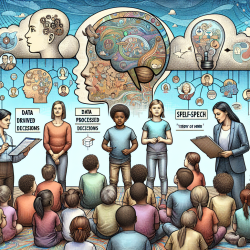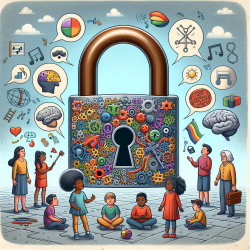Adolescent depression is a pressing public health issue, affecting millions of young individuals worldwide. As practitioners, staying informed about the latest research and treatment methodologies is crucial in providing effective support. A recent review titled Psychological Treatments for Depression in Adolescents: More Than Three Decades Later, published in the International Journal of Environmental Research and Public Health, offers valuable insights into the efficacy of various psychological treatments for adolescent depression.
The Power of Evidence-Based Treatments
The review highlights that Cognitive Behavioral Therapy (CBT) and Interpersonal Therapy (IPT) are well-established treatments for adolescent depression. CBT focuses on modifying negative thought patterns and behaviors, while IPT addresses interpersonal issues contributing to depression. Both therapies have demonstrated significant success in clinical trials, making them essential tools for practitioners.
Cognitive Behavioral Therapy (CBT)
- Individual CBT: Proven to be more effective than other therapies like family therapy or non-directive supportive therapy.
- Group CBT: Considered probably efficacious but requires further research to confirm its effectiveness compared to individual sessions.
- Technology-Assisted CBT: Emerging as a promising approach, though still in experimental stages.
Interpersonal Therapy (IPT)
- Individual IPT: Recognized as a well-established treatment with robust evidence supporting its efficacy.
- Group IPT: While promising, it remains an experimental treatment needing additional validation through clinical trials.
Navigating Challenges and Opportunities
The review also sheds light on ongoing challenges in treating adolescent depression. Despite advancements, a significant percentage of adolescents do not respond to treatment. Factors such as comorbid anxiety disorders often hinder progress. To address this, transdiagnostic interventions and modular protocols are being explored as potential solutions.
An important consideration is the role of parental involvement in therapy. While some studies suggest benefits, others indicate no significant difference when parents are included. Practitioners should weigh these findings carefully when designing treatment plans.
The Path Forward
The field of adolescent depression treatment has evolved significantly over the past three decades. With well-established therapies like CBT and IPT leading the way, practitioners are better equipped than ever to make a positive impact. However, continuous research is vital to address remaining questions and improve response rates further.
To read the original research paper, please follow this link.










